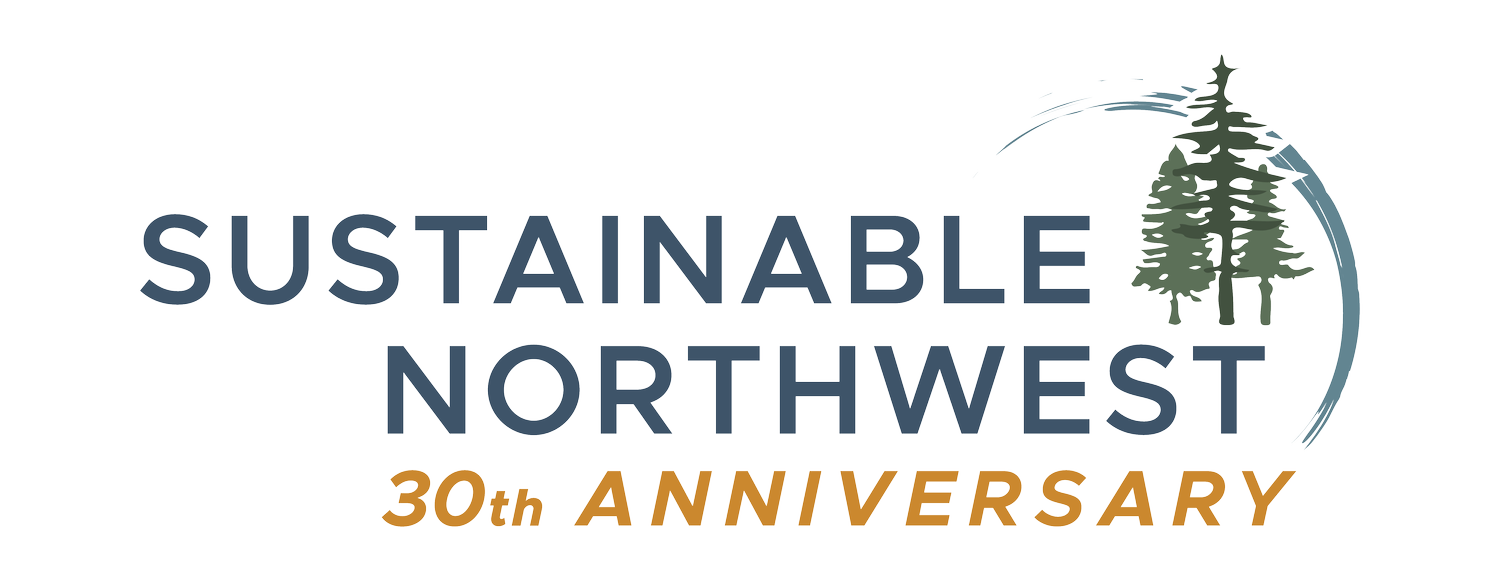Integrating Wildfire Risk Reduction, Landscape Restoration, and Climate Adaptation across eastern Washington
Reducing wildfire risk to communities, restoring landscape resilience, and facilitating climate adaptation are often approached as separate, competing efforts, yet they are interconnected on many levels. In eastern Washington, the Washington State Department of Natural Resources (WA DNR) has worked with a wide range of partners to develop an integrated approach to tackle these challenges.
This effort formally began in 2017 with the 20-Year Forest Health Strategic Plan to increase the pace and scale of landscape restoration and reduce uncharacteristically severe wildfire. Since then, WA DNR has prioritized 39 planning areas and conducted landscape evaluations covering 3.2 million forested acres. Landscape evaluations combine quantitative assessments of departure from historical conditions, fire risk, current and future drought vulnerability, habitat for focal wildlife species, and operational feasibility. In 2020, WA DNR conducted an extensive public engagement process to develop a wildfire response benefit prioritization and integrate it with landscape evaluations. As a consequence, the primary products of the landscape evaluation process are treatment targets and prioritization maps for planning areas that combine landscape restoration needs with wildfire operations benefit in what is referred to as dual benefit.
In this 90-minute workshop, WA DNR scientists and planners, along with a representative from a partnering organization, will describe the science, public process, and data products emerging from this framework. Group discussion will focus on how best to use this framework in a collaborative setting.
Panelists:
Amy Ramsey, Forest Health Division, WA DNR
Garrett Meigs, Forest Health Division, WA DNR
Erin McKay, Chelan County Natural Resource Department
For updates: Subscribe here.
Click here for more information about the workshop series.

